Thoughts from the ELC
Developing fine motor skills in the ELC

Thoughts from the ELC
Developing fine motor skills in the ELC
Lyn Pewtress, ELC Coordinator
On 24 July, the Junior School and the ELC were fortunate enough to participate in a parent workshop from Connecting OT Director and Senior Occupational Therapist Kate Woods. Kate discussed the necessary prerequisite skills for fine motor development, particularly in reference to early childhood and the early years of school.
This led me to think further about the importance of fine motor development in young children.
What is fine motor development?
Fine motor development are those skills that require the small muscles of the hand to work together to perform precise and refined movements. Fine motor skills usually develop in a consistent and predictable pattern in the early years of childhood beginning in infancy and progressing to school entry using ‘tools’ such as scissors, textas, crayons, pencils, and glue.
However, fine motor skills cannot develop smoothly without the concurrent development of gross motor (large muscle) skills.
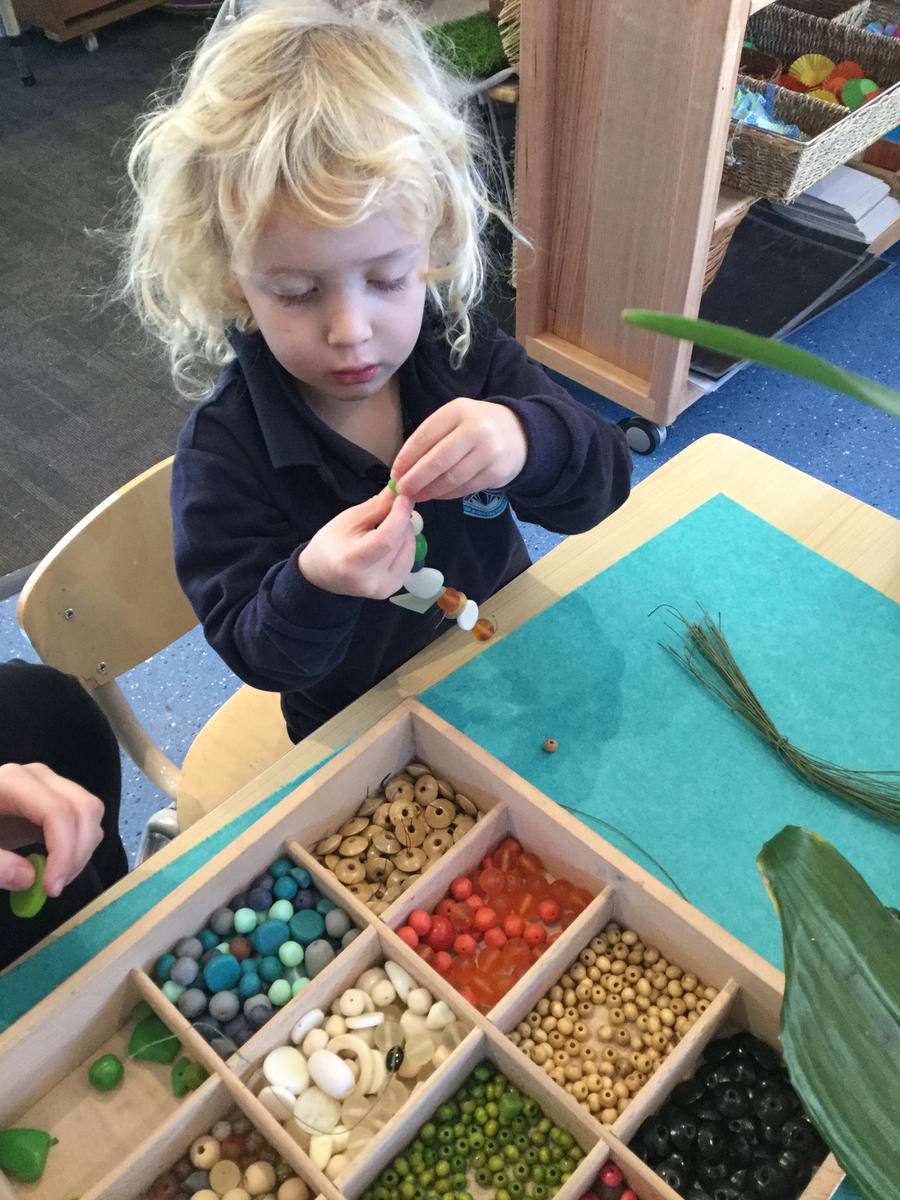

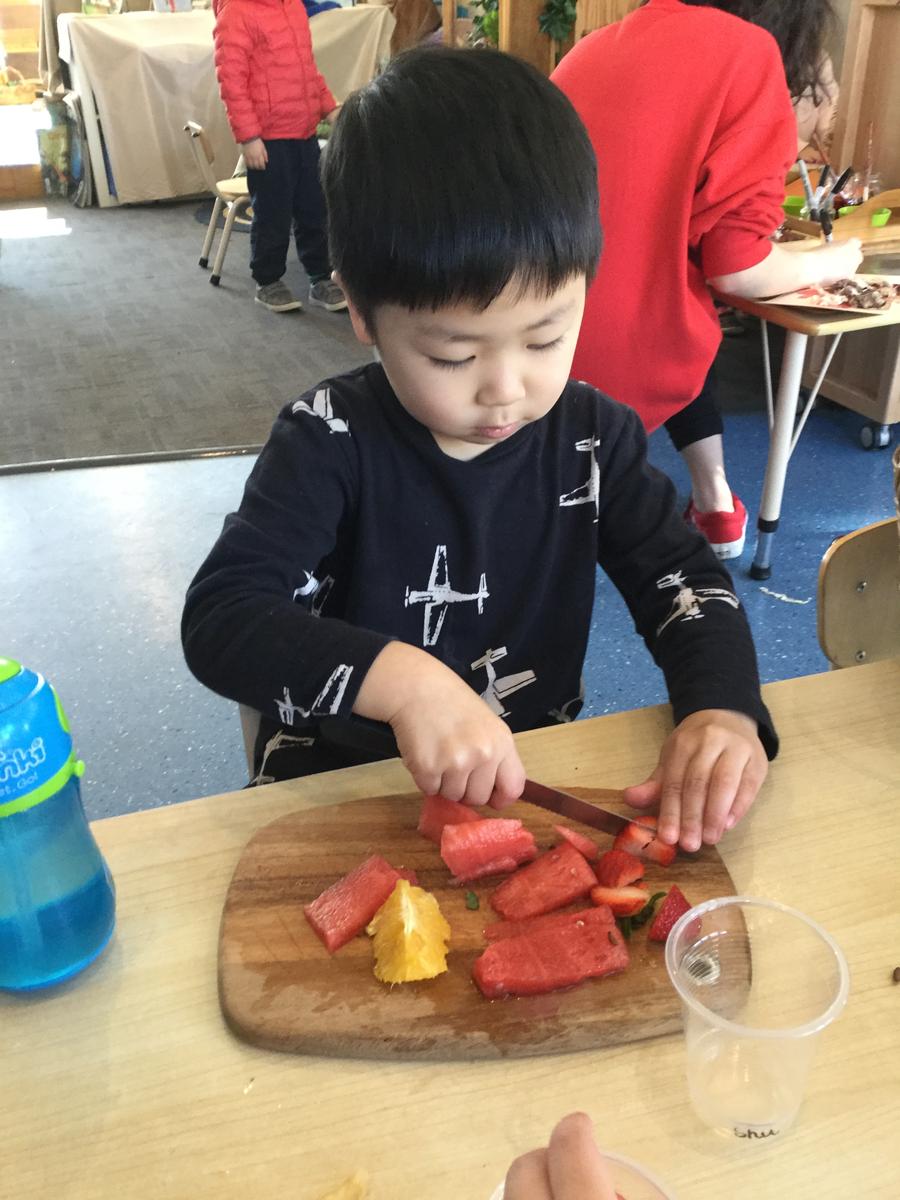

Why are fine motor skills important?
Fine motor skills are essential for performing everyday skills such as doing up buttons, opening lunch boxes and learning skills using pencils or scissors.
Without the ability to complete these tasks, a child’s self-esteem can be impacted and their school performance may be compromised. They may also be unable to develop appropriate independence in life skills.
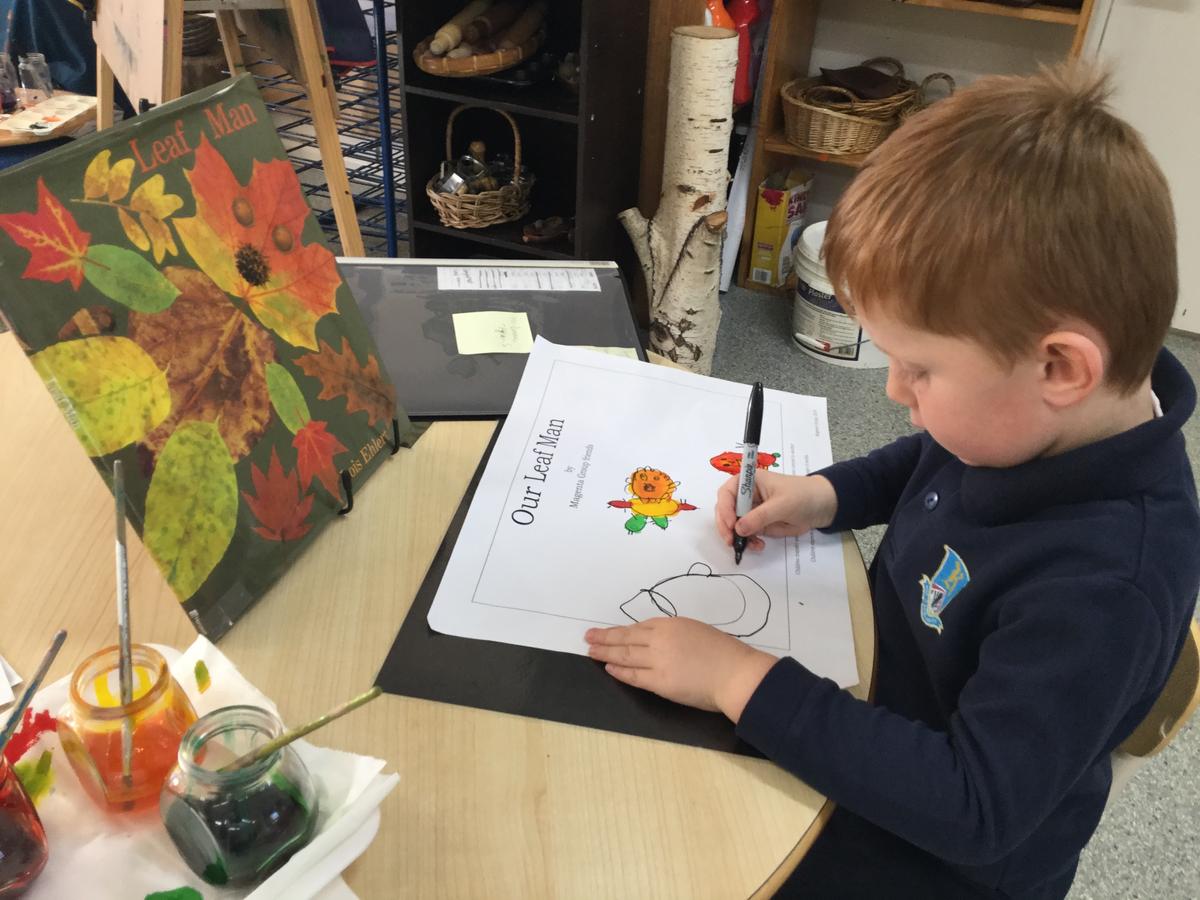

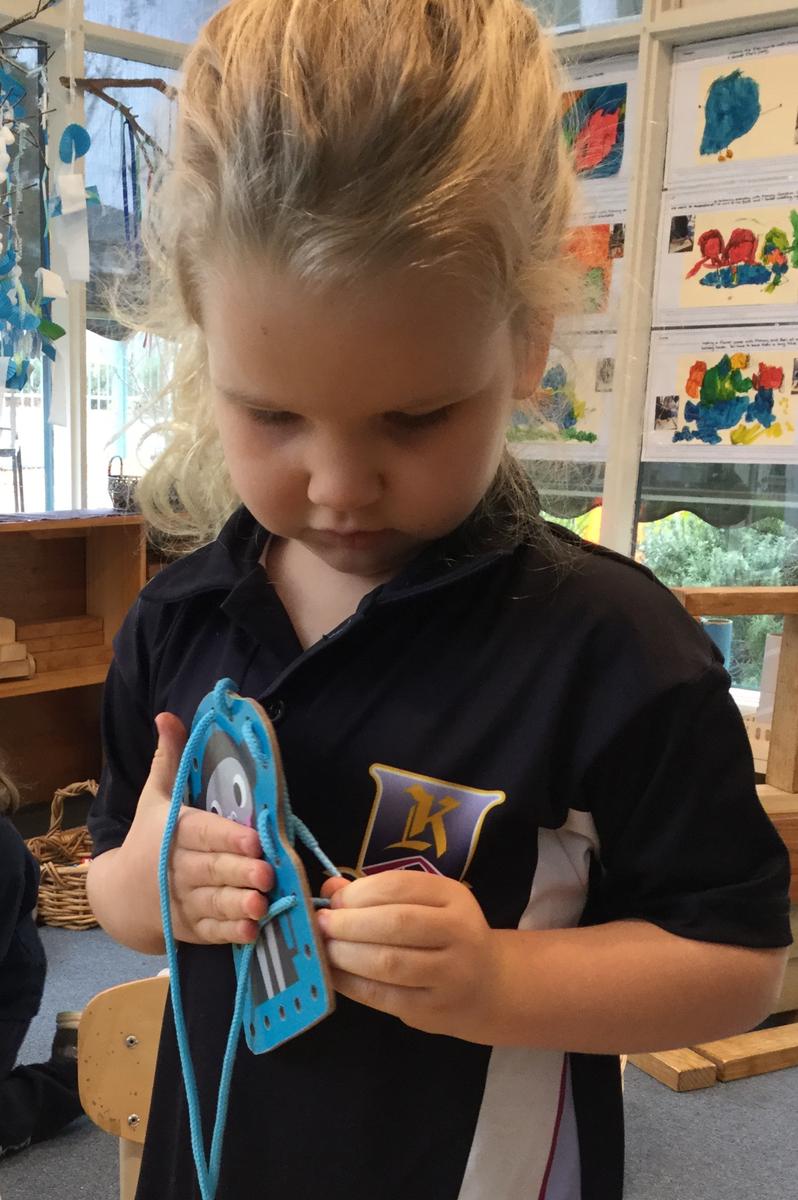

What fine motor skills should children be developing in early childhood?
While many young children are fascinated with scissors, crayons and textas, writing and cutting should not be the main focus of fine motor work for kindergarten-aged children.
It is equally as important to encourage these children to participate in related activities that support a range of skills necessary for the development of the hand and finger muscles, including crossing mid-line (the ability to cross an imaginary line that divides the body into left and right sides), body and sensory awareness, hand-eye coordination, hand/finger strength and manipulation.
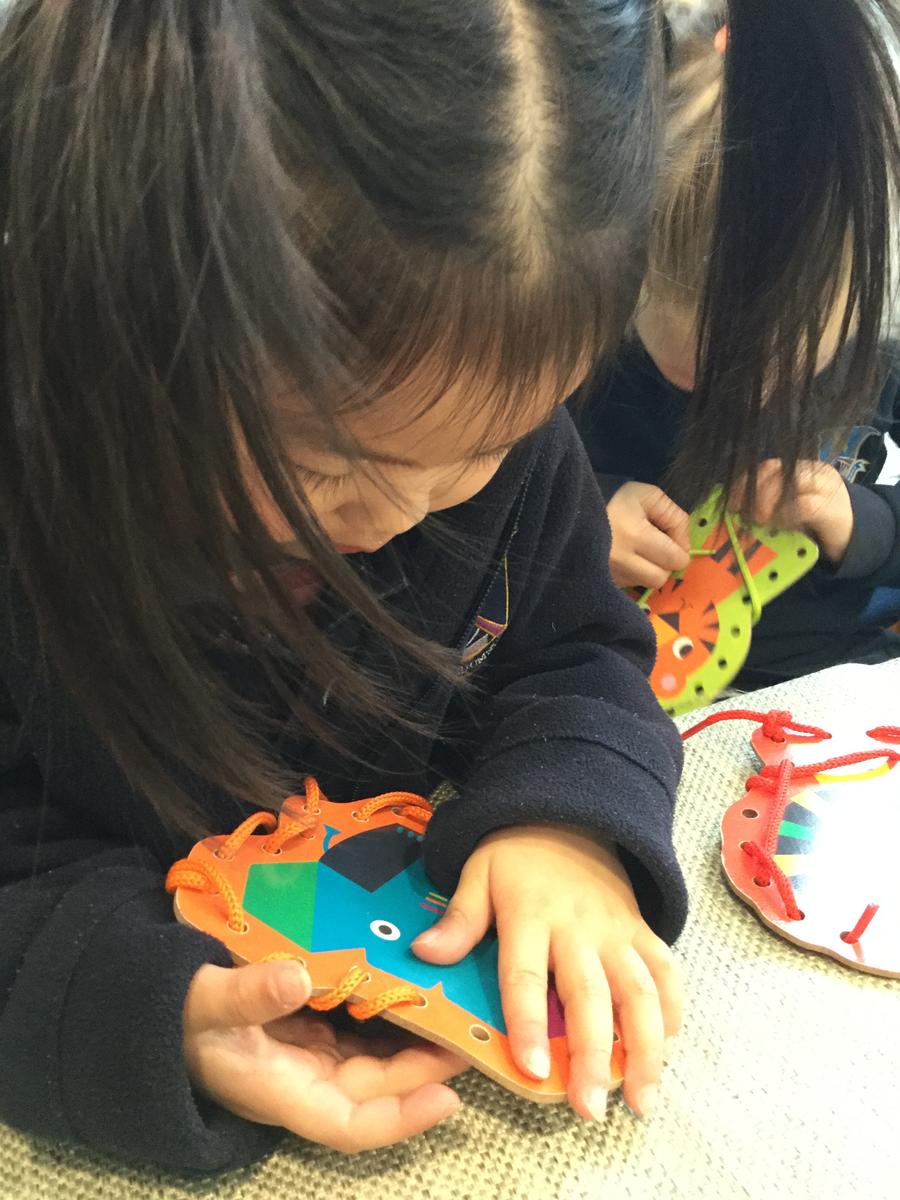

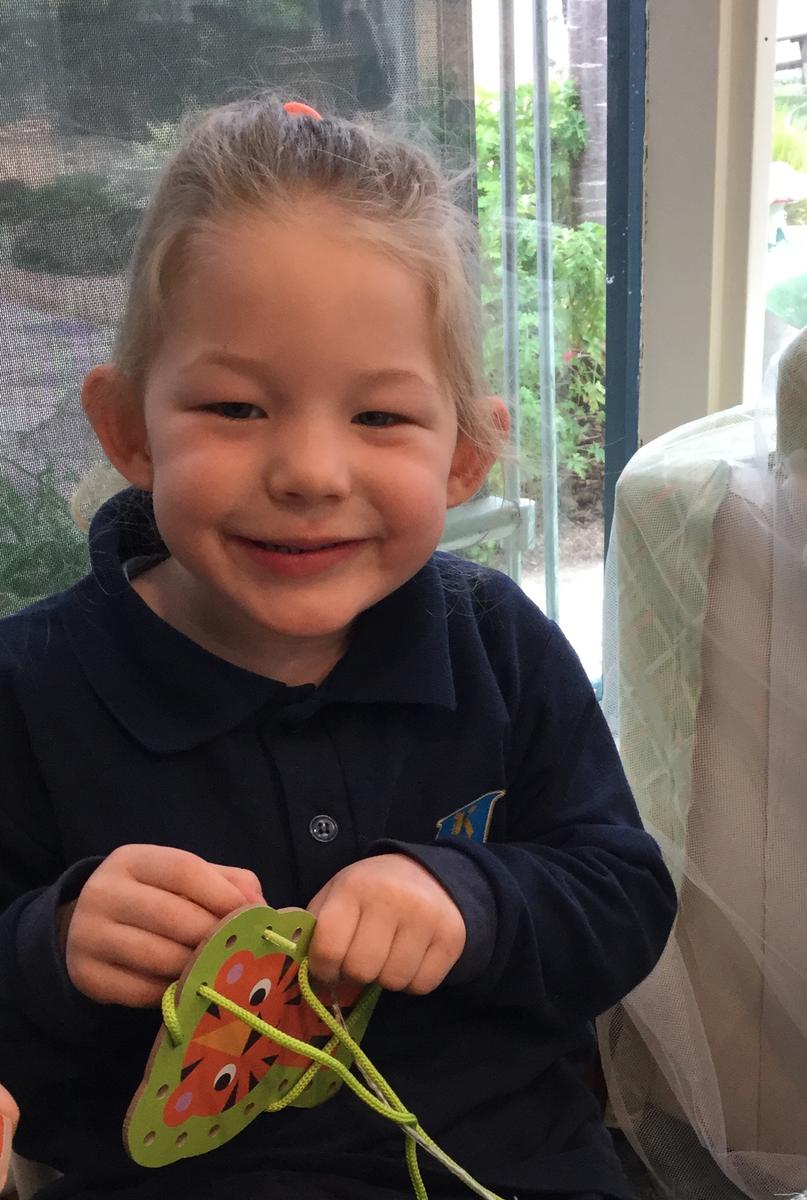

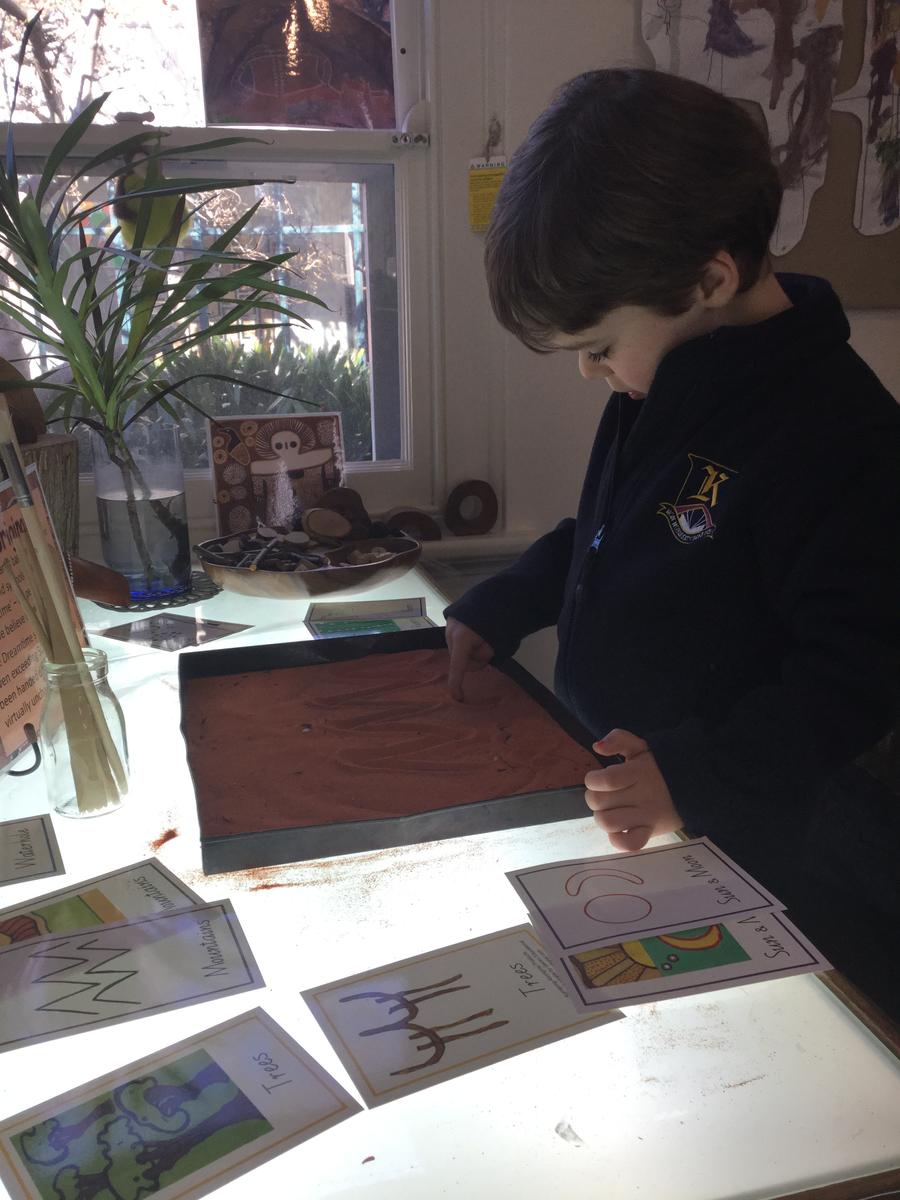

Kate suggested that there are a range of exercises that children can participate in that can assist with strengthening their fine motor skills and hand dominance such as ‘crab walks’, putty and plasticine manipulation, and even specialised iPad apps.
While the development of fine motor skills in early childhood can be complex, it is important that young children enjoy participating in these activities while developing these important prerequisites for readiness for school.